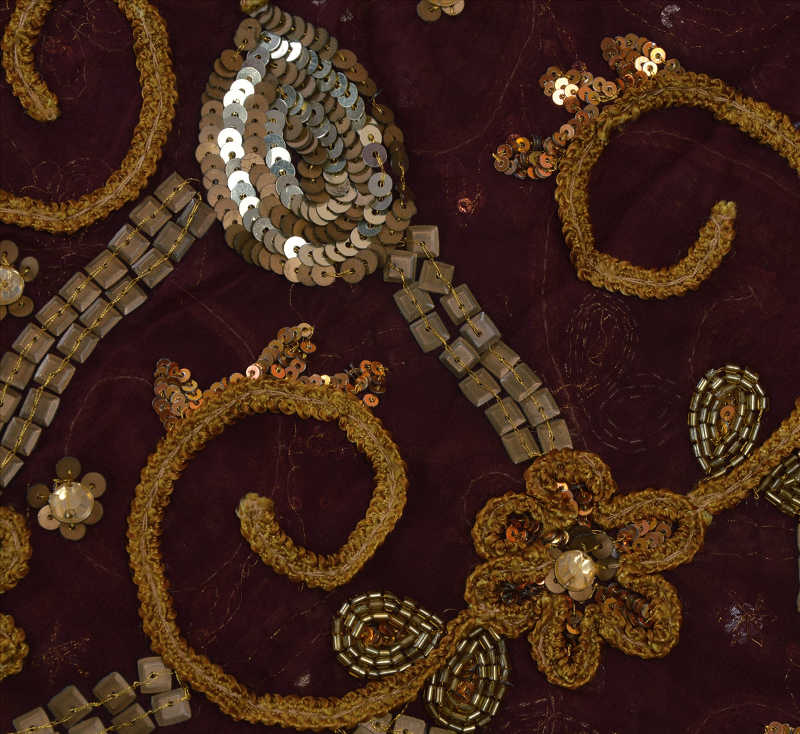===
0693,
2
===

=== |
 |
FWP:
SETS == MAGAR
MOTIFS == DREAMS
NAMES
TERMSThe little pah is a metrically shortened contraction for par , which can mean not only 'on' but also 'but'. Then, magar more often means 'but' than 'perhaps', even though in this verse it means 'perhaps'. So we have two words that can mean 'but', pushed right up against each other. Is that juxtaposition in any sense part of the wordplay of the verse? Is it a piquant little something that we subtle ghazal fans are supposed to notice? Or is it just wild over-reading? Sometimes this whole project makes me feel that I'm losing my grip on reality.
In any case, the sense of magar as 'perhaps' would mean that either sarcastically or sincerely, the lover offers to assume the blame, since the beloved is so angry at him. If magar is taken as 'but', then the first line might be an excuse or alibi that the lover vainly offers-- 'It wasn't I who woke you with my sighing, it was the dawn breeze!' Then in the second line he confesses, resignedly but triumphantly, 'Well, you're determined to be angry at me-- but all right, I did do it!'